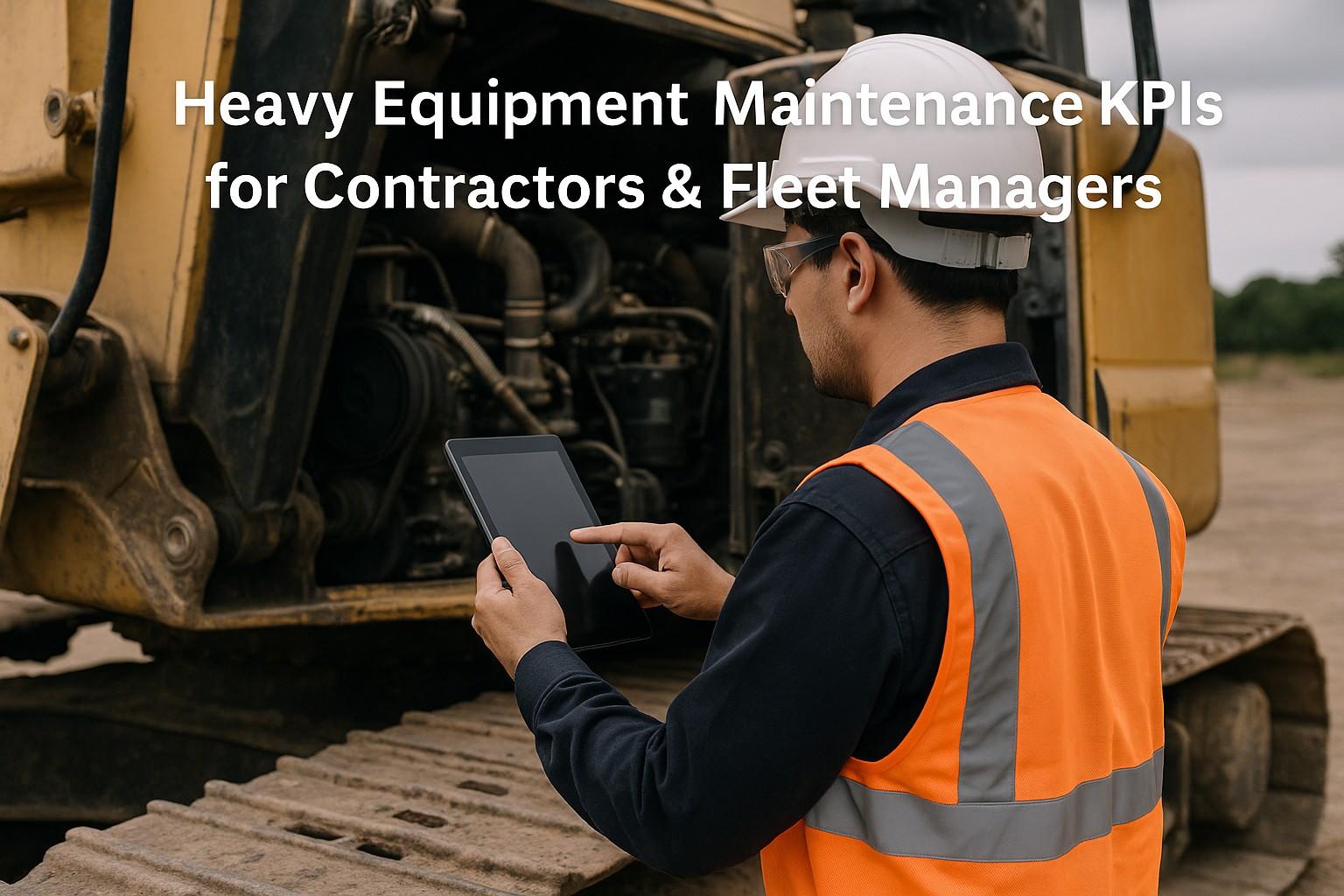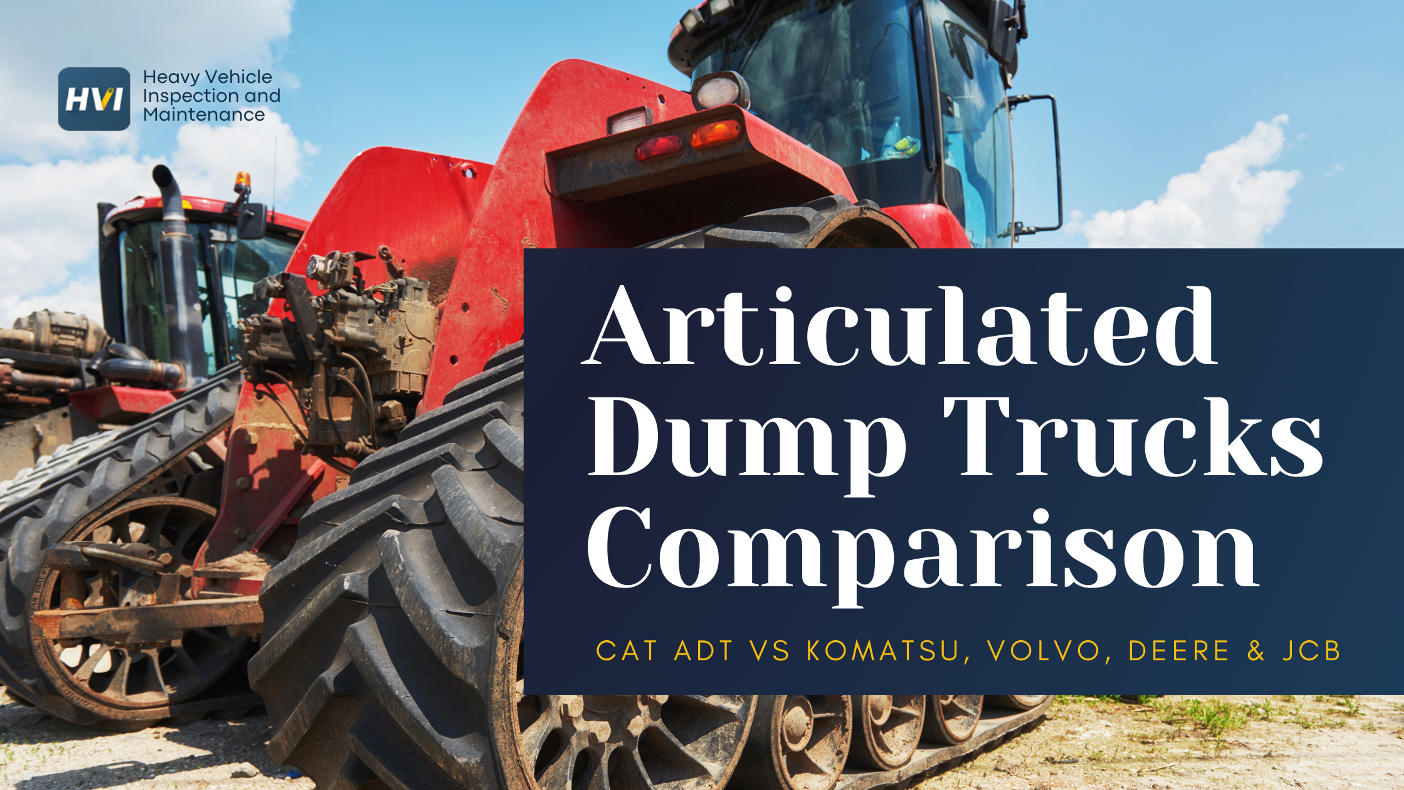European fuel sensor technology represents a $2.8 billion global market driving innovation in precision monitoring, environmental compliance, and operational efficiency across construction and fleet management industries. With over 3.2 million commercial vehicles operating across European infrastructure projects, advanced fuel sensor manufacturers like Gill Sensors & Controls, Technoton, and Continental AG are pioneering next-generation technologies that deliver 1-3% measurement accuracy while reducing operational costs by 25-45% through systematic fuel management and theft prevention capabilities.
European fuel probe technologies eliminate 85% of measurement errors, reduce operational costs by 40%, and generate annual savings of $35,000 per vehicle through systematic implementation of precision monitoring protocols. More importantly, these advanced technologies transform traditional fuel management into intelligent optimization systems that ensure regulatory compliance, environmental sustainability, and maximum operational efficiency across diverse European markets.
European Fuel Technology Market Impact
Ready to Explore European Fuel Technology Innovation?
Discover advanced fuel monitoring solutions that unlock significant operational advantages.
European Fuel Sensor Market: Leading Innovation and Technology Excellence
Europe's fuel sensor industry represents the global forefront of precision monitoring technology, environmental compliance innovation, and operational efficiency advancement. Leading European manufacturers have invested over €1.2 billion in research and development over the past five years, creating advanced sensor technologies that surpass traditional measurement systems while meeting stringent European Union environmental regulations and performance standards.
Leading European Manufacturers and Technology Innovations
European fuel sensor manufacturers represent diverse technological approaches and specialization areas, from ultrasonic precision measurement to integrated fleet management solutions. These companies leverage Europe's advanced manufacturing capabilities, stringent quality standards, and environmental requirements to create world-class sensor technologies that set global benchmarks for performance and reliability.
Collaboration between manufacturers, research institutions, and regulatory bodies drives continuous innovation in fuel monitoring technology, ensuring European solutions remain at the forefront of global market development and technological advancement across multiple industry sectors.
- ✓ Gill Sensors & Controls (UK): Ultrasonic precision sensors with 0.5% accuracy for harsh environments
- ✓ Technoton (Lithuania): Comprehensive fuel management solutions with GPS and fleet integration
- ✓ Continental AG (Germany): OEM-integrated automotive solutions with IoT connectivity
- ✓ VDO/Siemens (Germany): Commercial vehicle instrumentation and fuel monitoring systems
- ✓ WEMA (Netherlands): Marine and industrial fuel sensors with advanced material technologies
- ✓ Piusi (Italy): Fuel management equipment and precision measurement for commercial applications
Technology Innovation and Market Implementation
European fuel sensor technology integration requires understanding diverse regulatory environments, operational requirements, and technological capabilities across different market segments. Implementation strategies must accommodate varying environmental conditions, vehicle types, and integration requirements while maintaining compliance with European Union standards and performance expectations.
Investment in European fuel sensor technology provides access to cutting-edge innovation while ensuring compatibility with global fleet management systems and regulatory requirements. Total cost of ownership calculations favor European technologies due to superior accuracy, reliability, and environmental compliance capabilities that reduce operational costs and regulatory risks.
- ✓ Precision Measurement Technology achieving 0.5-2% accuracy across all operating conditions
- ✓ Environmental Compliance Integration meeting Euro VI and upcoming emissions standards
- ✓ Advanced Manufacturing Quality with ISO 9001 and automotive-grade component standards
- ✓ IoT Integration Capabilities enabling Industry 4.0 connectivity and data analytics
- ✓ Multi-Application Flexibility supporting marine, aviation, construction, and automotive sectors
- ✓ Regulatory Documentation providing comprehensive compliance support and certification
- ✓ Technology Assessment evaluating specific manufacturer capabilities and application requirements
- ✓ Compliance Verification ensuring compatibility with local regulations and industry standards
- ✓ Integration Planning coordinating with existing fleet management and operational systems
- ✓ Pilot Implementation testing performance and compatibility with representative equipment
- ✓ Training and Support establishing technical capabilities and ongoing maintenance protocols
- ✓ Performance Optimization continuous improvement and system enhancement for maximum ROI
Measuring Success: Essential KPIs for European Technology Implementation
Effective European fuel sensor implementation requires comprehensive measurement and optimization based on quantifiable performance indicators that demonstrate operational improvement and financial returns. These advanced technologies enable precise tracking of multiple metrics that provide visibility into fuel efficiency, theft prevention, and regulatory compliance across diverse operational environments.
Investment in European fuel sensor technology provides immediate accuracy improvements while enabling long-term optimization through advanced analytics and compliance capabilities. Comprehensive measurement frameworks enable data-driven decision-making that maximizes the value of technology investments and ensures competitive advantage in fuel management excellence.
- ✓ Measurement Accuracy Achievement targeting 0.5-2% precision versus 5-15% with traditional systems
- ✓ Environmental Compliance Score achieving 100% regulatory adherence with automated documentation
- ✓ Cost Optimization Performance achieving $25,000-$45,000 annually per vehicle through efficiency gains
- ✓ Technology Integration Success maintaining 99%+ system uptime and data reliability
- ✓ Theft Detection Effectiveness achieving 95%+ identification of unauthorized fuel removal
- ✓ Operational Efficiency Improvement of 30-50% through intelligent monitoring and optimization
Regulatory Compliance and Future Technology Trends
European fuel sensor manufacturers must navigate complex regulatory environments including Euro VI emissions standards, environmental protection requirements, and safety compliance across multiple jurisdictions. Advanced sensor technologies not only meet current requirements but anticipate future regulations regarding autonomous vehicles, emissions monitoring, and environmental reporting standards.
Future European regulations will require enhanced monitoring capabilities, real-time reporting systems, and integration with smart infrastructure networks. Early adoption of advanced European fuel sensor technology provides competitive advantage and ensures compliance with evolving standards while positioning operators for technological advancement opportunities.
Maximizing ROI Through European Technology Excellence
The adoption of European fuel sensor technology represents more than operational improvement—it's a strategic investment in technological leadership and competitive advantage that positions global fleet operators for significant performance superiority through access to world-class innovation and manufacturing excellence. The financial benefits extend beyond immediate cost savings to encompass regulatory compliance, environmental sustainability, and technological future-proofing.
Organizations who embrace European fuel sensor innovation achieve measurable improvements in accuracy, efficiency, and compliance performance. Conservative estimates suggest total ROI exceeding 400% within three years of full implementation, with immediate benefits visible within the first month following deployment through improved accuracy and theft prevention capabilities.
The global fuel management industry's evolution demands proactive adaptation and investment in proven European technologies. Fleet operators who implement advanced European sensor solutions today will be best positioned to capitalize on emerging opportunities while avoiding the costly consequences of outdated monitoring systems that limit operational efficiency and regulatory compliance.
Transform Your Fuel Monitoring with European Innovation
Start implementing world-class European fuel sensor technology for superior performance and efficiency.
Book a Demo
.png)



